Dongdaemun Design Plaza
of Seoul, Korea
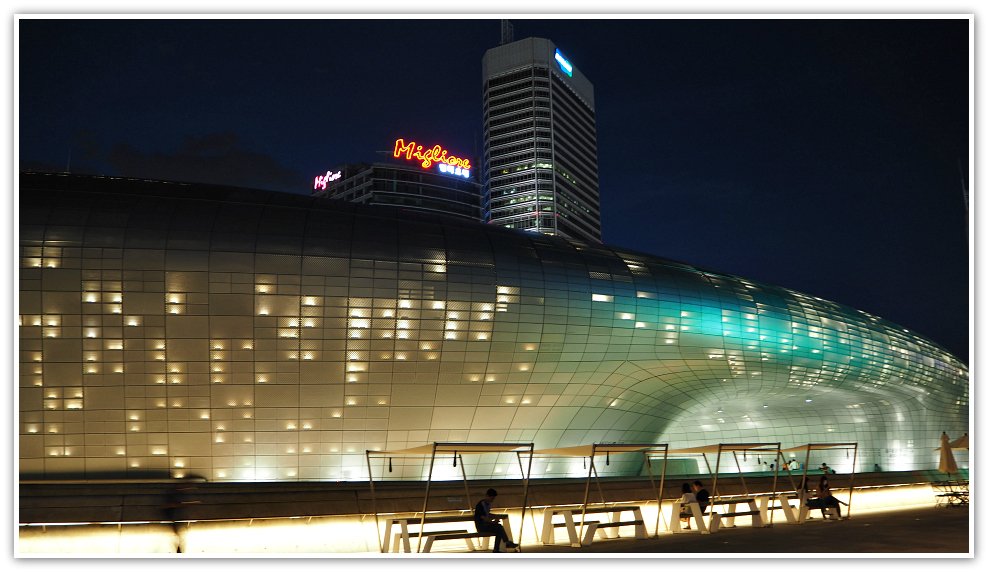 A view of Dongdaemun Design Plaza of Seoul in South Korea in the evening
A view of Dongdaemun Design Plaza of Seoul in South Korea in the eveningdongdaemun design plaza
If you plan a trip to Seoul, South Korea, you must visit the Dongdaemun Design Plaza, also known as "DDP."
This remarkable structure is located in the heart of the city and boasts a Sci-Fi spaceship-like design that is truly captivating.
The building stands out amongst the box-shaped buildings that dominate the skyline of South Korea, making it a must-visit destination for anyone interested in architecture and design.
Let's take a closer look at the Dongdaemun Design Plaza of Seoul and explore what makes it a unique and fascinating place to visit.
Dongdaemun Before
The original Dongdaemun Stadium was a multi-purpose stadium in Seoul, South Korea.
Built in 1925, it was a venue for various sports events, including baseball, football, and track and field. The stadium was also used for political rallies, concerts, and other public gatherings.
However, as time passed, the stadium became outdated and was no longer suitable for modern sports events and other public activities.
In 2007, Seoul transformed the stadium into a new cultural complex showcasing innovative design and technology.
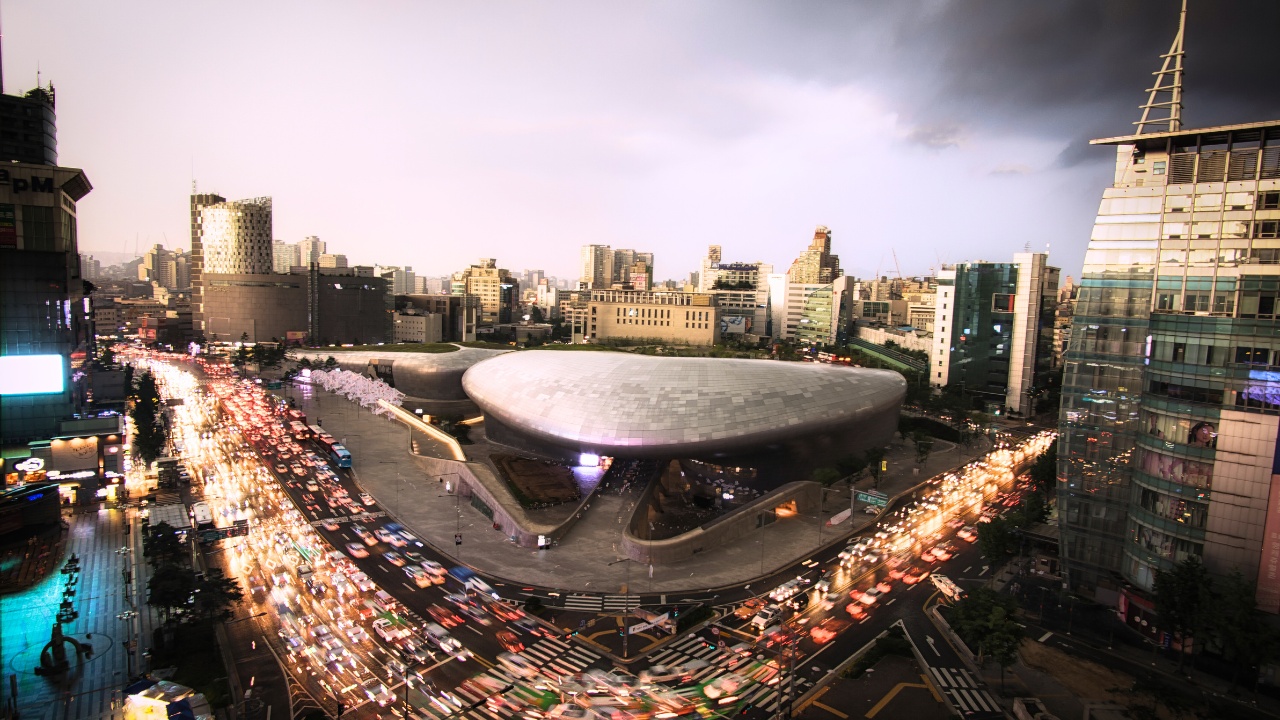 Dongdaemun Design Plaza of Seoul - an aerial view of DDP
Dongdaemun Design Plaza of Seoul - an aerial view of DDPThe transformation of Dongdaemun Stadium into the Dongdaemun Design Plaza (DDP) was led by the renowned architect Zaha Hadid.
The DDP opened its doors in 2014 and quickly became a popular destination for locals and tourists.
The DDP's unique design, curved lines, and futuristic look have won multiple awards and accolades from the international architecture community.
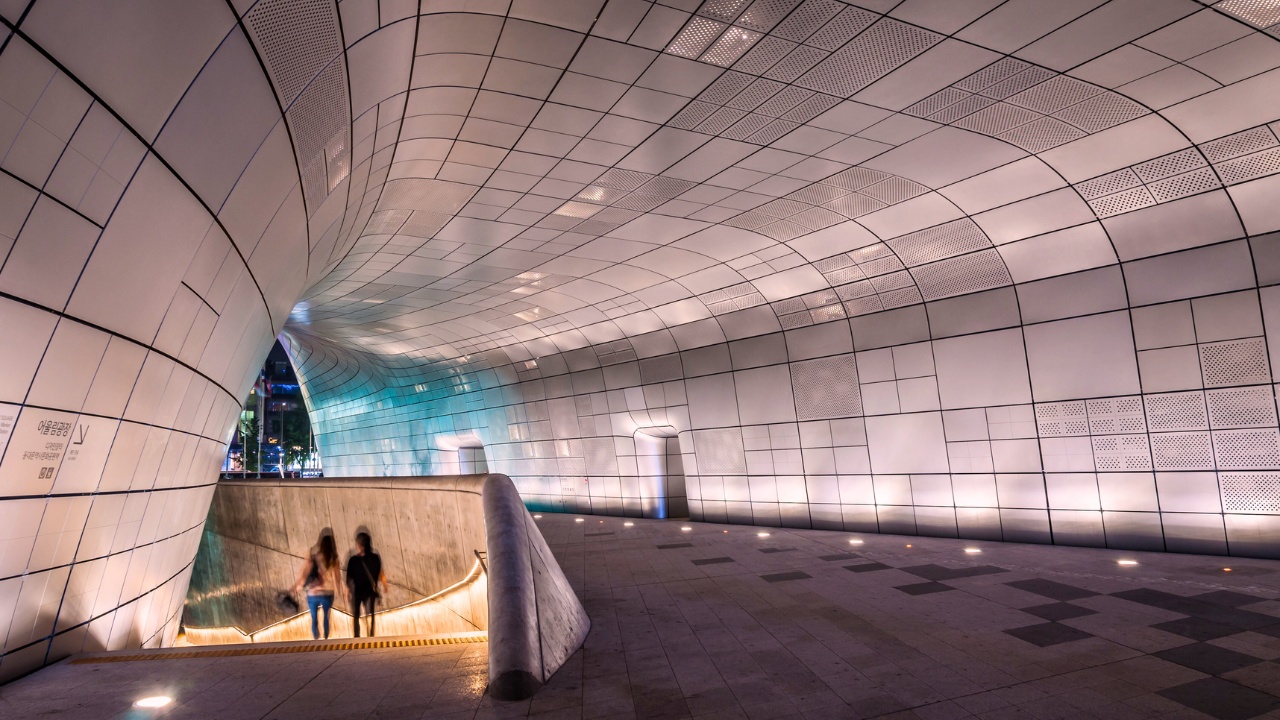 Dongdaemun Design Plaza - a view of its tunnels and passages
Dongdaemun Design Plaza - a view of its tunnels and passagesThe stadium's transformation into the DDP revitalized the area and made it a hub for creativity and innovation.
The DDP provides designers, artists, and entrepreneurs a platform to showcase their work and collaborate. It also hosts various exhibitions, conferences, and events, making it a vibrant cultural center in Seoul.
In addition to its architectural beauty, Dongdaemun Design Plaza of Seoul has also captivated the creativity of the movie industry.
A number of Korean soap operas have been filmed on its premises, including the SBS drama "You Who Came from the Stars," the KBS2 "Producer," and MBC's "She Was Pretty."
Design & artist
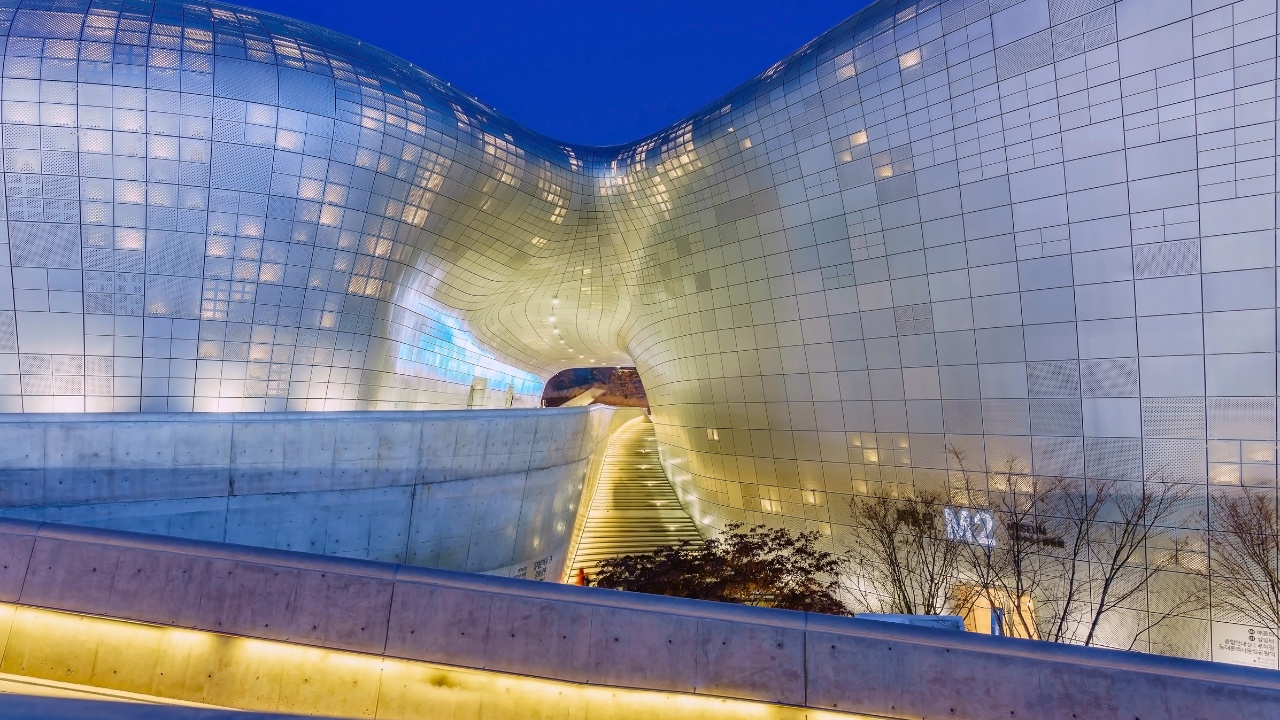 Dongdaemun Design Plaza - Curvilinear Design
Dongdaemun Design Plaza - Curvilinear DesignZaha Hadid was a renowned architect widely known for her revolutionary and unconventional designs.
She was born in Baghdad, Iraq, in 1950. She studied mathematics at the American University of Beirut before pursuing architecture at the Architectural Association School of Architecture in London.
Hadid founded her architecture firm, Zaha Hadid Architects, in 1980, and her work quickly gained international recognition for its avant-garde style.
In 2004, she was the first woman to receive the Pritzker Architecture Prize, often referred to as the Nobel Prize for Architecture.
Throughout her career, Hadid designed several iconic buildings around the world, including the London Aquatics Centre for the 2012 Summer Olympics, the Heydar Aliyev Center in Azerbaijan, and the Guangzhou Opera House in China.
Dongdaemun Design Plaza in Seoul, South Korea, is another one of her remarkable designs.
Hadid's designs often featured bold, curvilinear forms that challenged traditional architectural conventions. She was known for using cutting-edge digital technology to create complex, fluid shapes that seemed to defy gravity.
Her work has been described as "futuristic" and "visionary," and she was considered a true pioneer in architecture.
Unfortunately, Hadid passed away in 2016, but her legacy inspires architects and designers worldwide to push the boundaries of what is possible in the built environment.
Art and Functions
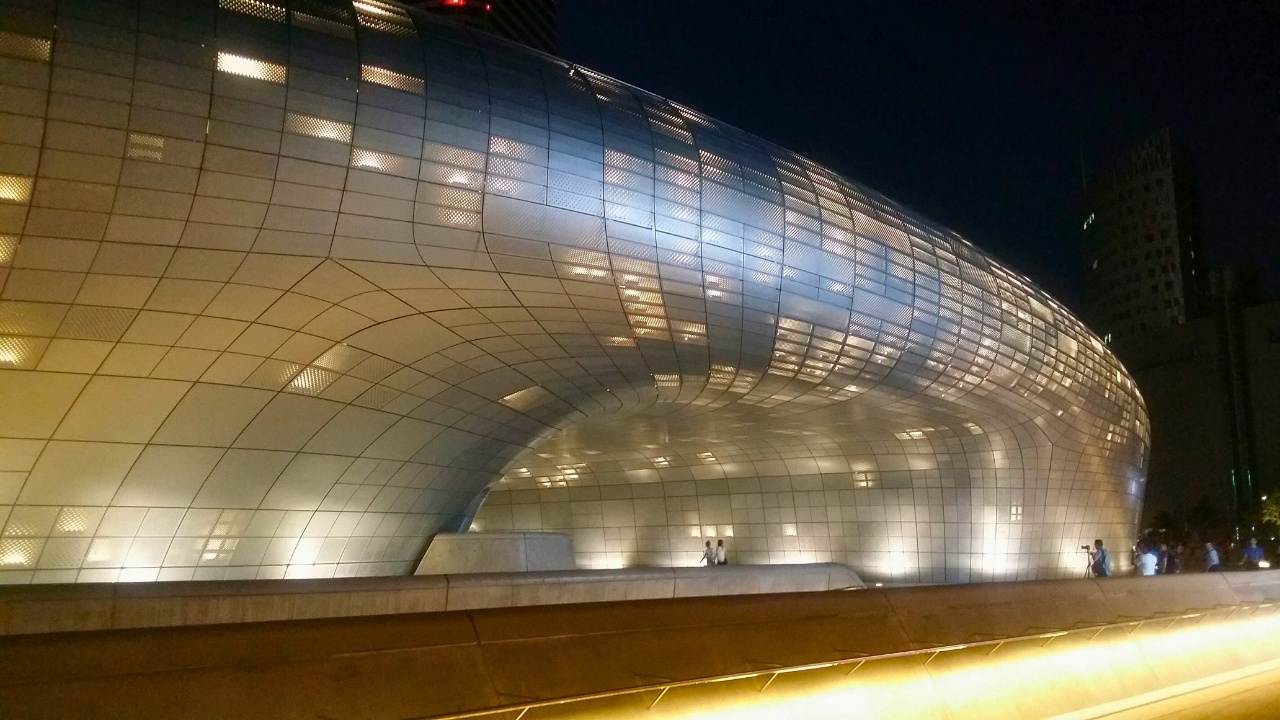 Dongdaemun Design Plaza - a view of its facade and entrance area
Dongdaemun Design Plaza - a view of its facade and entrance areaThe new design center is a versatile venue that can host various events and activities.
Its spacious and state-of-the-art facilities make it ideal for conferences, exhibitions, and design shows.
The center also features a multifunctional space that can be used for various events, such as product launches, workshops, and fashion shows.
The design center has hosted significant events like the Seoul Design Festival, the International Design Congress, and the Korean Design Awards.
These events have attracted renowned designers, educators, and enthusiasts worldwide, making the city's center a hub of design culture.
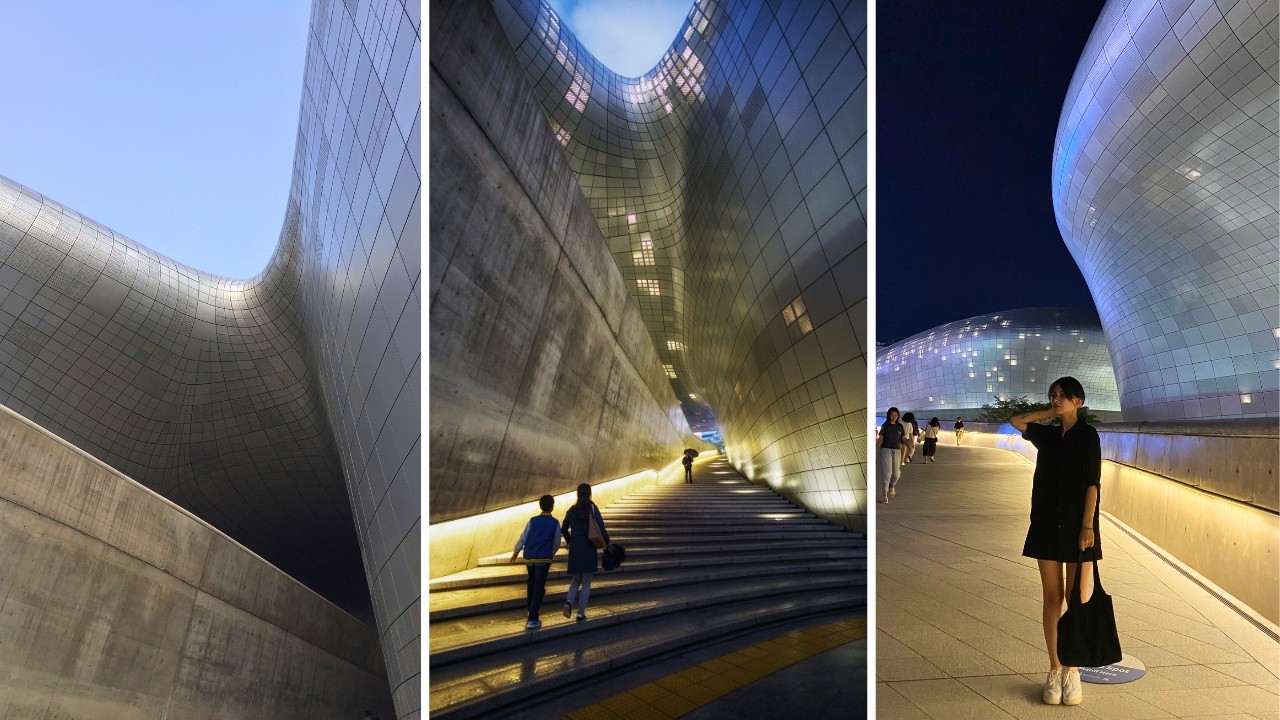 Dongdaemun Design Plaza - Nooks and Curves
Dongdaemun Design Plaza - Nooks and CurvesThe Seoul Design Festival, for example, is an annual event showcasing the latest design trends and innovations.
The festival features exhibitions, workshops, and seminars, attracting thousands of visitors annually.
The International Design Congress is another major event that brings together designers, academics, and industry professionals to discuss the latest design theory and practice developments.
The congress includes keynote speeches, panel discussions, and workshops and provides a forum for networking and collaboration.
The Korean Design Awards is a prestigious competition that recognizes excellence in Korean design across various categories, including product design, graphic design, and fashion design.
The awards ceremony is held at the design center and is attended by leading figures in the design industry.
In other words, the design center is a vital resource for the local design industry and the community.
Its advanced facilities and multifunctional space make it a versatile and attractive venue for a wide range of events and activities, and its contribution to the promotion of design culture is invaluable.
What To See & Do at DDP
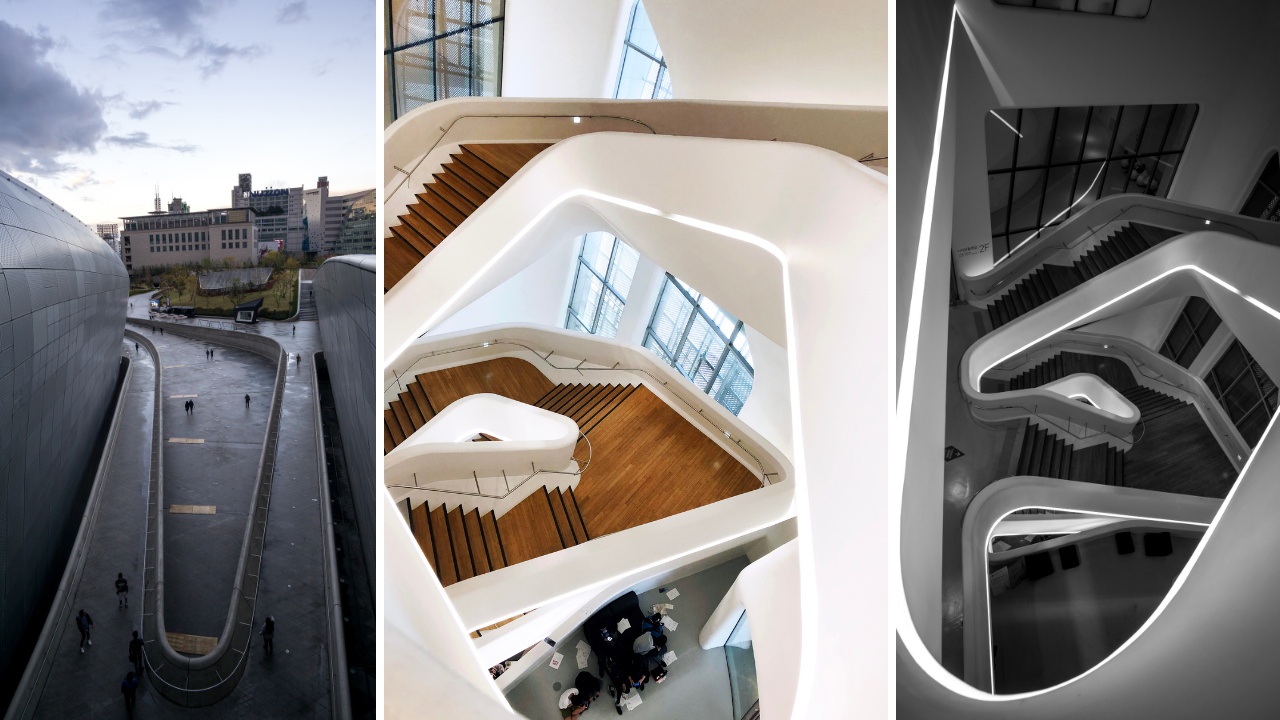 Dongdaemun Design Plaza of Seoul - Stairway and Ramp
Dongdaemun Design Plaza of Seoul - Stairway and RampDDP stands for Dongdaemun Design Plaza, a landmark cultural complex in the Dongdaemun district of Seoul, South Korea.
It is a massive structure designed by the world-renowned architect Zaha Hadid and consists of five halls, each with its own unique purpose...
- Art Hall
- Museums
- Design Lab,
- Design Market
- Dongdaemun History & Culture Park
Art Hall
The Art Hall is the main area that showcases the Korean design and creative industry. It is also the venue for local and international conventions, exhibitions, fashion shows, trade shows, concerts, and musical performances.
Museum Hall
The hall functions as the gatherer of Korean designs and recent international trends of designs and creative products.
The Museum Hall comprises five spaces: Design Playground, Design Dulle-gil (trail), Design Museum, Design Exhibition Hall, and Design Rest Area. These places attract visitors with inquisitive and artistic minds.
Design Lab
This laboratory functions as an experimental space for creative minds. It is where Korean and international newbies discover and develop their designs and products.
In other words, the Design Lab can incubate one's creative mind, enabling one to rise and achieve one's dreams.
Design Market
This area is a multi-purpose venue that offers varied opportunities for visitors. This market, open 24 hours daily, serves as a cultural, experiential, and shopping area.
Visitors to Dongdaemun Market will find the Design Market a convenient place to shop for artistic products.
Dongdaemun History & Culture Park
Dongdaemun History & Culture Park is a historical and cultural park built on top of relics from the Joseon Dynasty.
Many of these artifacts were discovered in 2008 when the area was being prepared for the new Design Plaza building.
Archaeological surveys revealed a City Wall and a two-arch floodgate beneath the former Dongdaemun Stadium.
Other artifacts from different periods in the Joseon dynasty were also discovered, including capital defense offices, annexed facilities, cisterns, weaponry, gunpowder, military training camps, and building structures.
LED (Light-Emitting-Diods) Flowers
One of the most attractive sights within the Dongdaemun Design Plaza of Seoul area is the Ten Thousand light-emitting diode flowers. By day, these flowers look very simple—they are white.
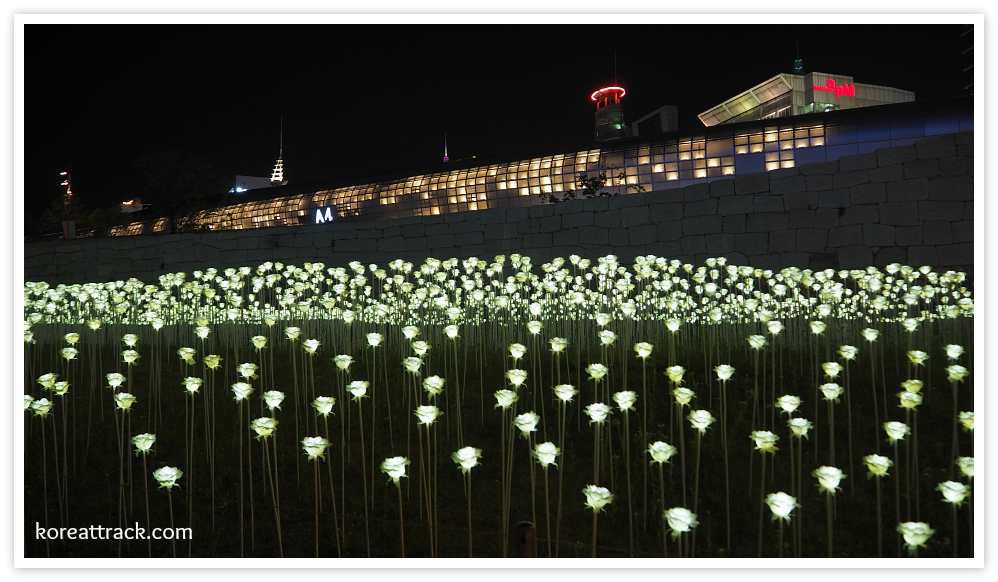 LED (light emitting diodes) Flowers at Dongdaemun
LED (light emitting diodes) Flowers at DongdaemunHowever, as the darkness comes, they enlighten and enliven their garden, capturing people of various ages.
Of course, it is an excellent place for selfies and group photography. Yes, I've been there and done that! ^^
In addition to these design-related venues, DDP also offers a variety of dining and shopping options.
Visitors can enjoy coffee shops, cafes, food stalls, and shops that provide a range of products, from traditional Korean snacks to international cuisine.
Now, if you are excited to see DDP and its attractive surrounding area, let's see how you can get there.
getting to Dongdaemun design plaza of Seoul
Here is how…
Address: 04566 281 Euljiro, Jung-gu, Seoul (Euljiro 7-ga)
It would be more convenient and quicker if you use your smartphone’s navigator to locate the area. I presume you have one (or two?). Who doesn’t have one!
Right, when you are already in Seoul, or still coming to Seoul, know that DDP is very much accessible by public transports.
Subway:
You can take any of Seoul Metro Subway Lines depending on your point of origin. See the subway lines below…
Line 4 Dongdaemun History & Culture Park Station. Exits 1, 2
Line 5 Dongdaemun History & Culture Park Station. Exits 1, 2
Line 2 Dongdaemun History & Culture Park Station. Exits 1, 2
Buses:
Yes, you can quickly come to this attraction via bus. You need to get off at Dongdaemun History & Culture Park station if this is your destination. Anyways, you can also just walk to DDP within a few minutes.
Bus Nos: 105, 144, 261, 301, 407, 420, 2014, 2233, 7212.
nearby attractions
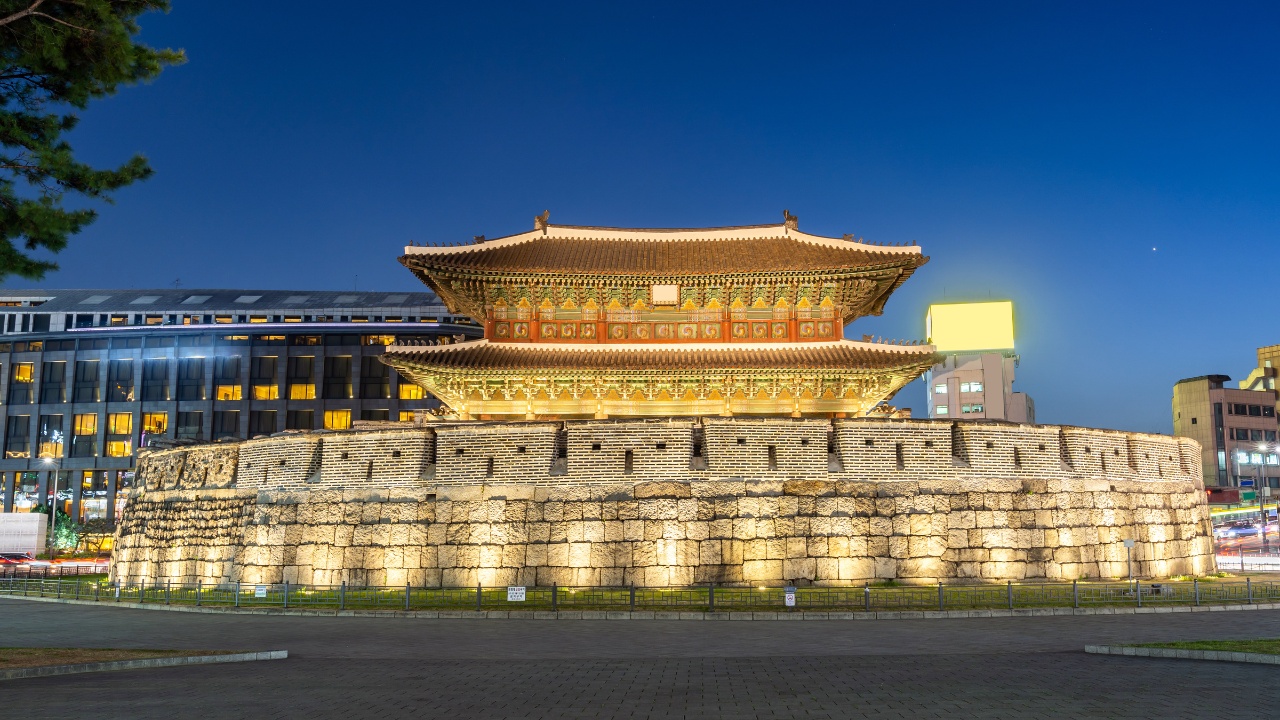 Dongdaemun Gate - back view and wall
Dongdaemun Gate - back view and wallThe following places and destinations are only examples. You can be the trailblazer to visitors who haven't yet discovered areas worth exploring.
Here are some of them...
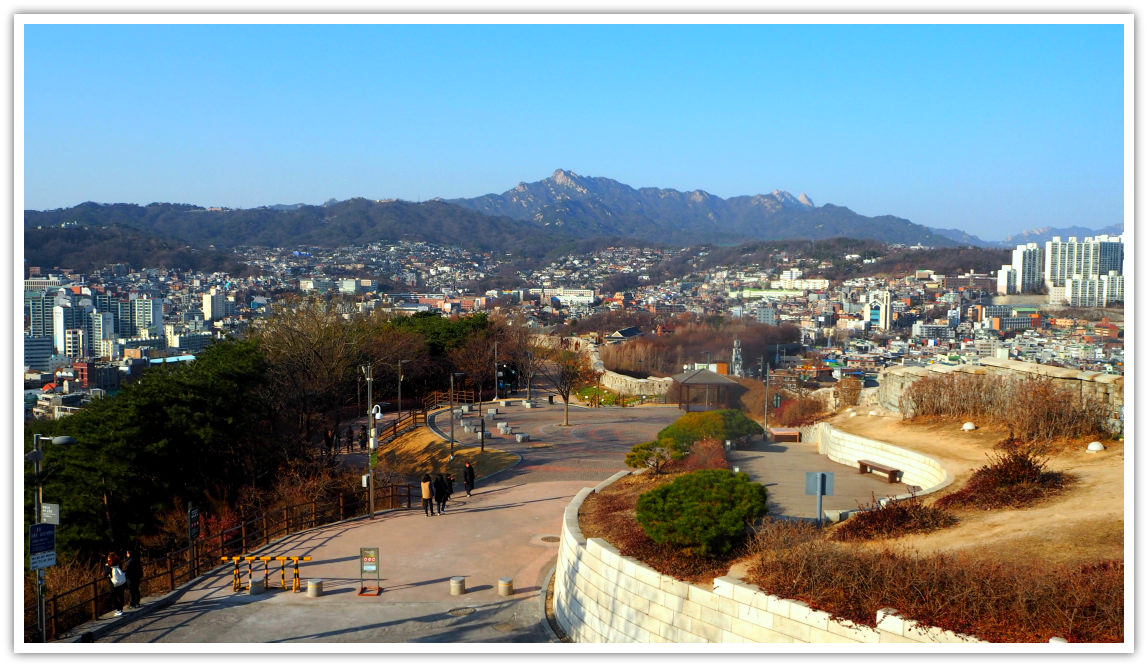 Seoul City Wall near Design Plaza
Seoul City Wall near Design Plaza- Seoul City Wall & Museum
- Heunginjimun Gate (Dongdaemun Gate)
- Dongdaemun Market
- Cheonggyechon Stream
- Hotels & Restaurants
- Parks
- Street Shops
Hope you enjoyed reading through this page!
Always have a fantastic journey!
- Home
- Seoul Shopping Centers
- Dongdaemun Design Plaza
Get Exciting Activities
Book one of our exciting activities today to experience the thrill of a lifetime! Take advantage of this opportunity and secure your spot in advance.
Hotel Map Guide
Find your affordable, accessible, and comfortable hotel in Seoul at Agoda.Com. See the hotel map below...
Hotel Booking Guide
Find affordable and amazing hotels on Agoda.com using the search box below. Book now to enjoy great discounts and save!
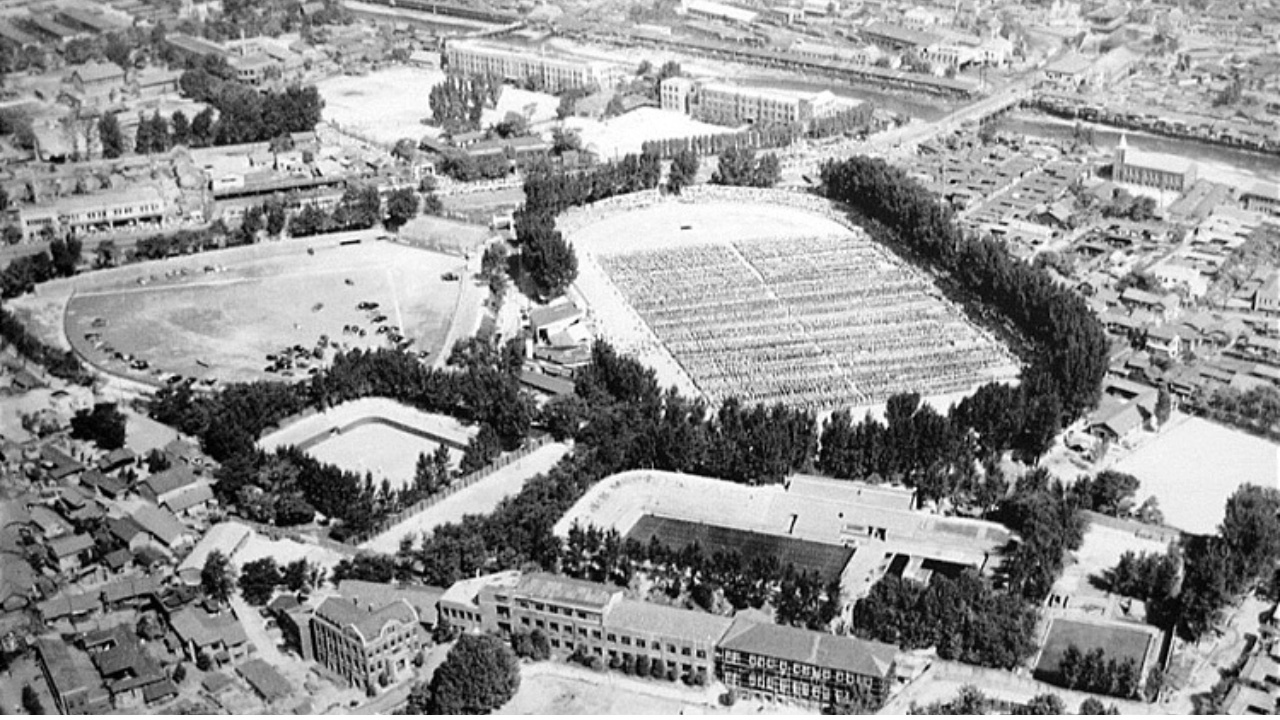







New! Comments
What do you think about this page? Leave me a comment in the box below.